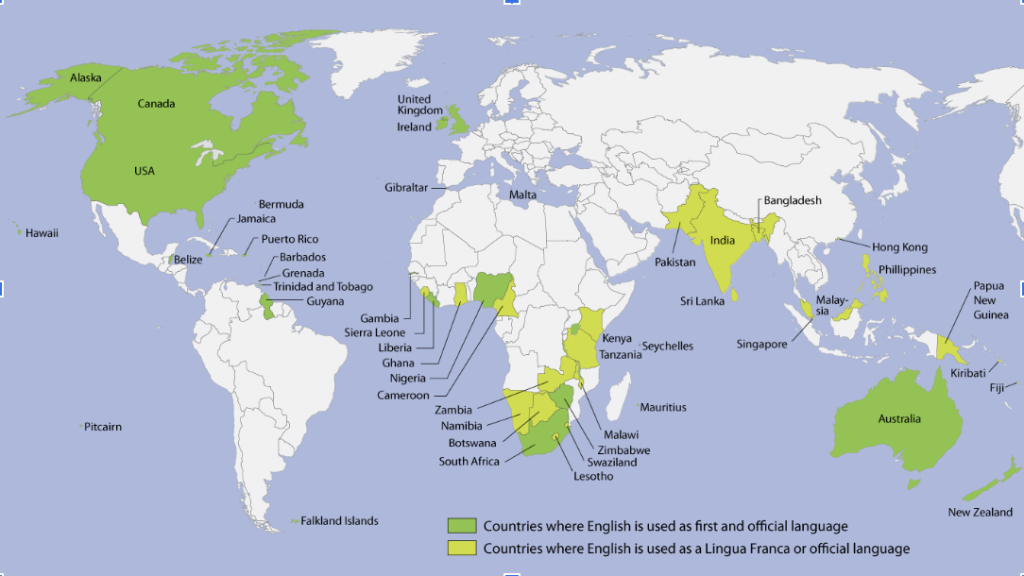XI. Supporting Students in the Writing Process: Language Diversity and Multilingual Writers
Labels: Multilingual, Non-Native English Speakers, English as Second Language Speakers
The term “multilingual writer” describes students who are writing in a language other than the language they consider to be their dominant language or in a language that they do not identify as native in. This term highlights the writer’s assets (multilingualism) rather than defining them by what they are not (not a native speaker of English).
Other terms to describe students who are writing in a non-dominant language include “English as a second language speaker / student,” which some see as expressing a deficit view; and “English language learner,” which describes a process, but implies that there’s some end point or that we aren’t all language learners who learn new words and features all the time!
We use the term multilingual writers because it emphasizes that the student has the asset of multiple languages. Of course, native English speakers can be multilingual and write in languages other than their dominant one, but for the purposes of this section, we’re referring to writers who don’t identify English as their native or dominant language, specifically in the modality of writing.
The False Dichotomy of Native and Non-Native
There is not a clear line that distinguishes native and non-native speakers of a language or which language is one’s dominant language. Consider:
- A student who was born and raised in Dubai, UAE to Indian parents and educated in all English-language international schools who speaks several languages but has only ever used English in academic papers.
- A student who was born in Belarus with Belarusian parents who immigrated to the US at age 14 with no previous experience with English language and has graduated from a US high school.
- A student from Ghana who was born and raised in Ghana, educated in Ghanaian English, and speaks primarily Ghanaian English language with her family and friends.
With global migration, international K-12 schools, World Englishes, and globalization in general, categorizing students as native or non-native English speakers is often an oversimplification, and in some cases, it can be harmful to their academic writing development and adjustment to US higher education.
World Englishes
An important aspect of understanding the false dichotomy between native and non-native speakers is the fact that there are a variety of Englishes spoken around the world. English is a / the primary language in many countries (Australia, New Zealand, Uganda, India, the UK, Canada, South Africa, Nigeria, the Philippines, to name just a few). The varieties of English used around the world can differ from formal, academic English expected in US higher education to different degrees, but all World Englishes have their own grammatical systems and are not American (or British) English with “mistakes.”
While British English and American English have some different vocabulary and grammar rules, most would consider a speaker of British English to be “native” for the purposes of considering their experience in US higher education. It is unlikely that an instructor in the US would “correct” a white, British international student’s use of British English to American English. This is less likely to be true, however, for students from other countries and races. The value we give different varieties of language and what divergences from American English we correct are inextricably linked to race and global white supremacy.
This map highlights countries’ official status for English language, but it does not necessarily predict individual students’ level of experience with the language.

Global English-Language Education
English is used in education throughout the world. In some schools, students learn English as a foreign language, but in other schools, English is the medium of instruction (the language used in teaching and content). Therefore, UW-Madison students may be native speakers of other language(s) but have had all of their formal education conducted in English. Even if a student self-identifies as a non-native speaker of English, English may be the only language they’ve ever used in academic writing. As such, instructors cannot predict a student’s comfort or experience level with English language writing based on their spoken language, nationality, or any other feature.
There is no clear classification that would allow us to categorize students as native or not native, and nativeness in English is not ascertainable based on any nationality, race, or any other aspect of identity.

